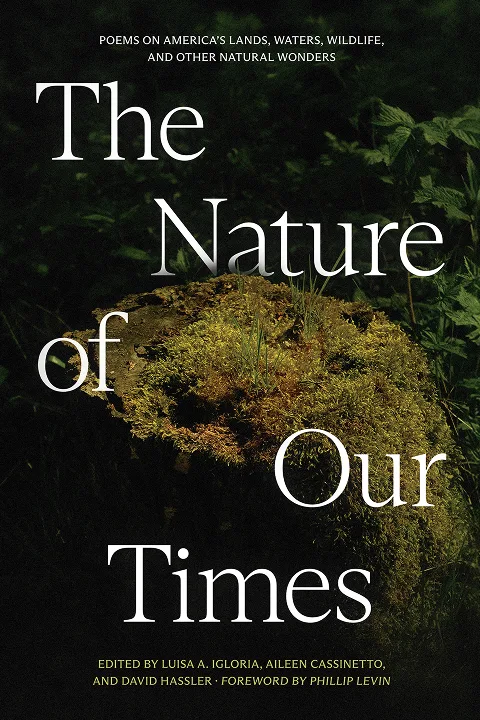An Environmental Agenda for Obama
An Environmental Agenda for Obama
As recently as last year’s presidential campaign, the debate on Barack Obama’s environmental agenda would have centered on righting the astonishing wrongs of the George W. Bush era. The last administration’s performance—the junking of science, the suppression of basic information, the spinning of facts to fit ideology, the wanton disregard for enforcing pollution laws, the use of rule-making power for private gain—did extraordinary damage to the nation’s environment. But it also paid Obama a political dividend of sorts. Bush’s appalling performance yielded a bumper crop of low-hanging green fruit, much of which can be harvested without bold new legislation or dramatic spending initiatives. Obama can win much praise, and do much good, simply by enforcing the law and stopping the shenanigans.
However, the facts of the moment complicate any attempt to recuperate America’s environmental policy. First, of course, is the economic mess, which has a double-edged effect. It hamstrings any initiatives that threaten to suppress economic activity (however harmful that activity to the actual well-being of people or ecosystems). Efforts to stop mountaintop-removal mining, tighten emissions standards on airborne toxics, or protect depleted fisheries will be scrutinized more than ever for their impact on jobs and economic growth. At the same time, the recession creates unprecedented opportunities for public investment through stimulus spending, including much-touted “green jobs” programs in conservation and renewable energy.
These twin effects of the crisis have not been lost on green advocates, particularly those growing desperate for a response to the problem of climate change. Aware of economic realities, the lobby for climate action quickly made the idea of using stimulus spending to address global warming into the thousand-pound gorilla in the green room. Those who recall the winding down of the cold war will remember a similar response among greens, in their call to reorient the chimerical peace dividend into investments in what they termed “environmental security.”
To be sure, serious action on the climate crisis is desperately needed, and the team of advisers Obama has put in place on energy, environment, and science policy seems likely to remain committed to it. (Full disclosure: Obama’s science adviser, John Holdren, was my dissertation chair at Berkeley.) But there is a risk that the perfect storm of need and opportunity propelling the climate conversation will push other critical needs off the agenda. In January of this year, Yale University’s online magazine Yale Environment 360 asked several high-profile environmentalists to identify a green agenda for Obama’s first one hundred days. The group, which included authors Bill McKibben and Paul Hawken, green-economy activists Van Jones of Green for All and Mindy Lubber of Ceres, a handful of academics, and the heads of a few Washington-based organiza...
Subscribe now to read the full article
Online OnlyFor just $19.95 a year, get access to new issues and decades' worth of archives on our site.
|
Print + OnlineFor $35 a year, get new issues delivered to your door and access to our full online archives.
|






